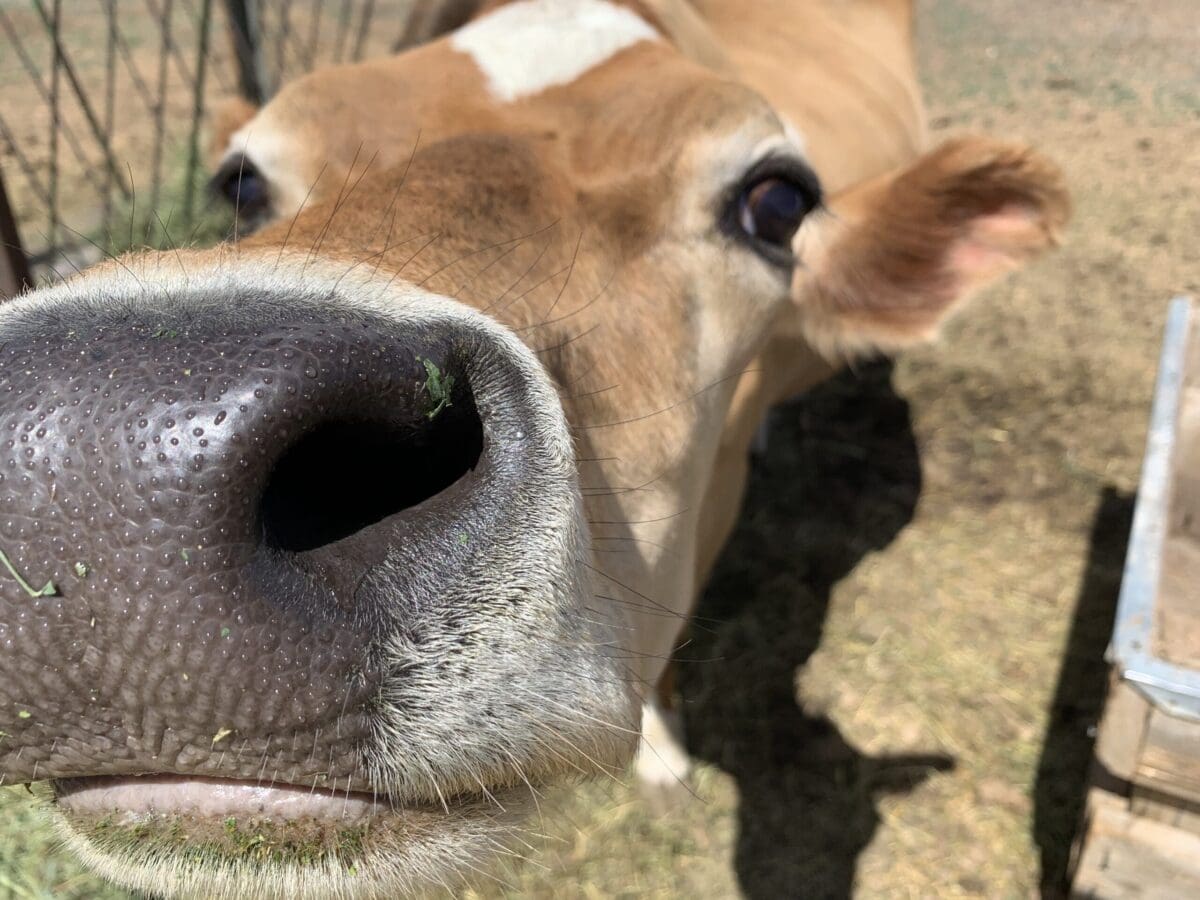JerseyMilkCow Is No Longer in Business
Thank you for your interest in JerseyMilkCow. We want to let our visitors and customers know that JerseyMilkCow has officially closed and is no longer in operation.
Thank you for your interest in JerseyMilkCow. We want to let our visitors and customers know that JerseyMilkCow has officially closed and is no longer in operation.
